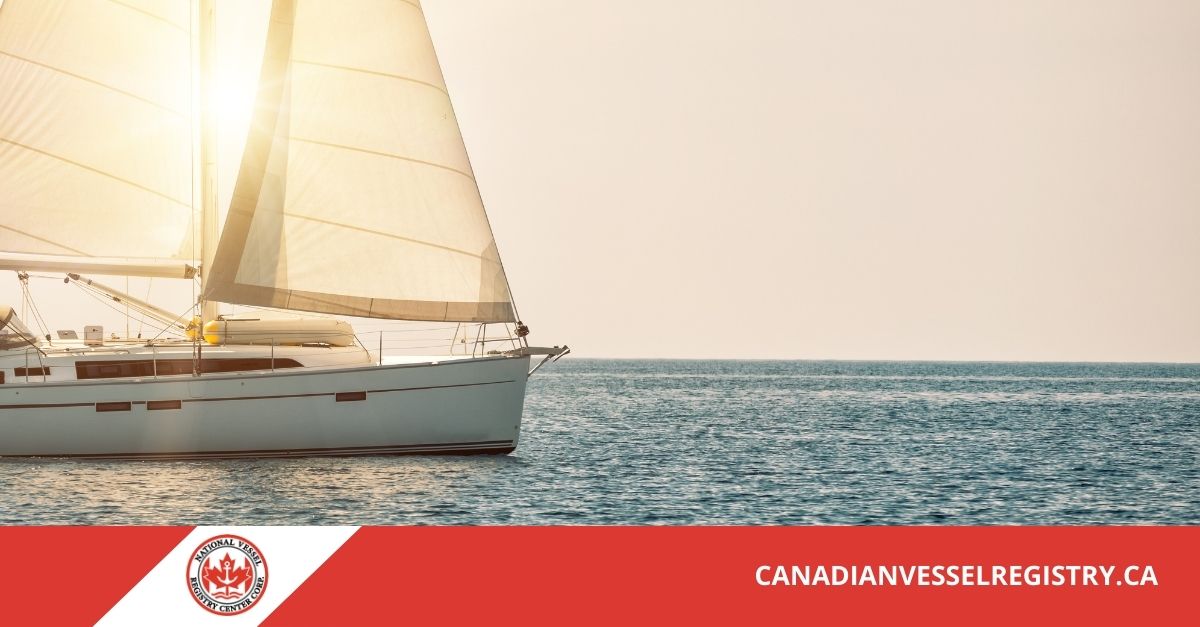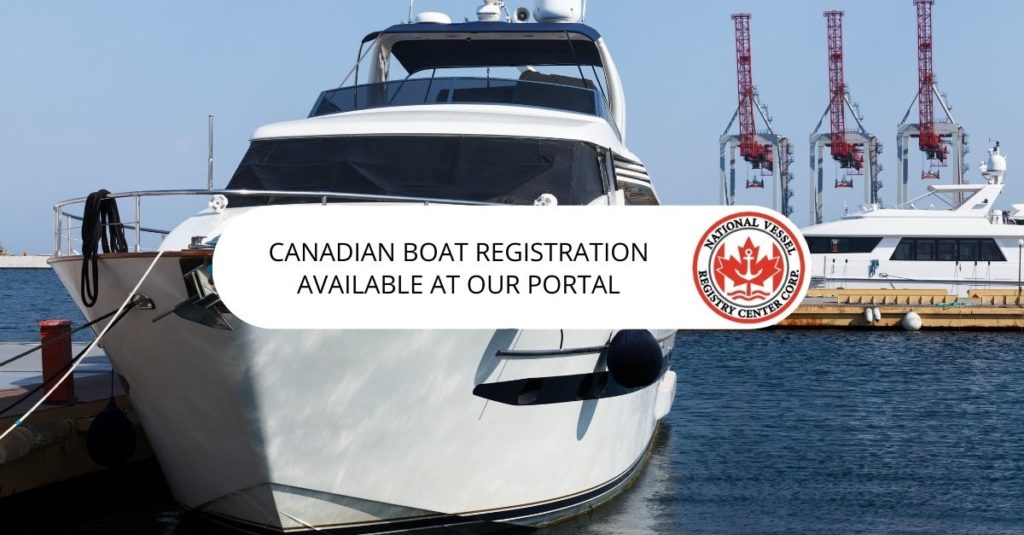Canadian boat documentation is the official process of registering a boat with Transport Canada or another authorized government body so that it becomes a legally recognized entity on the water. Our online service provides the forms you need to complete Canadian boat registration efficiently, ensuring that your boat is correctly documented for its intended purpose, whether for commerce or recreation.

Through this process, owners obtain proof of ownership, a unique identification, and the paperwork necessary to show compliance with Canadian maritime laws.
How Our Platform Explains Boat Documentation
Boat documentation involves several key steps—registration, documentation, and titling—all of which create a formal record of your boat’s identity. This official record details the boat’s name, dimensions, hull material, propulsion system, intended use, and ownership information. By using our site, you can quickly identify which forms apply to your situation and submit them online.
The goal is not only to satisfy Transport Canada’s requirements but also to make sure you’re prepared for activities like selling or mortgaging your boat. With Canadian boat registration, your ownership is recorded, and your boat can be recognized internationally under Canada’s flag.
Registration and How We Help You Access It
Registration is the foundation of Canadian boat documentation. It records all vital information about your boat, making it easier to verify ownership, resolve disputes, or secure financing. Our service gives you the necessary registration forms in one place so you can handle the process without navigating multiple government pages.
Whether you’re running a fishing charter or transporting goods for a fee, registration ensures your boat is legally authorized for that use. Without it, you could face penalties or lose opportunities like registering a marine mortgage.
Documentation as Your Boat’s Passport
Documentation creates the official papers that act like a passport for your boat. These papers include the certificate of documentation and any related legal instruments, such as bills of sale or mortgage records. They confirm your eligibility for maritime activities and validate your ownership.
Our online platform makes these forms available to you, allowing you to complete Canadian boat registration and maintain all the records Transport Canada requires. By holding these papers, you’re prepared to show your boat’s legal status to lenders, buyers, or maritime authorities.
Titling and Unique Identification
Titling assigns your boat a unique name and number so it can be identified quickly and accurately. This prevents confusion in Canadian waters and international ports alike. Through Canadian boat registration, you gain the ability to reserve a name that no other boat may use, which is especially valuable for commercial branding.
By accessing our forms online, you can ensure your boat receives a distinctive identity. This simplifies tracking for safety and regulatory purposes, and it also gives your customers confidence if you operate commercially.
Commercial Use and Mandatory Registration
Boats used for income-generating activities must be documented. This includes charter services, transport of passengers, or carrying merchandise for a fee. If your boat has an engine of 7.5 kW (10 horsepower) or more and a gross tonnage of 15 or more, full registration is mandatory. Our website hosts the forms to make that registration straightforward.
Owners sometimes underestimate how broadly “commercial use” is defined. Even part-time or seasonal operations can trigger the requirement for Canadian boat registration. Using our platform, you can switch from a pleasure craft licence to full registration if your use changes.
Small Vessel Register for Smaller Commercial Boats
If you operate a boat with a gross tonnage of 15 or less but still use it commercially and it has an engine of 7.5 kW (10 horsepower) or more, the Small Vessel Register applies. This system captures smaller boats that still require oversight. We provide direct access to the Small Vessel Register forms, helping you meet your obligations without guesswork.
This register is distinct from a pleasure craft licence. It’s specifically for small commercial boats and ensures they’re recorded with Transport Canada even though they don’t meet the tonnage threshold for the larger registry.

Pleasure Craft Licence for Recreational Boats
Recreational boats generally don’t need full Canadian boat registration. Instead, if your boat has an engine of 7.5 kW (10 horsepower) or more but is used solely for recreation, you must get a pleasure craft licence. This is a separate process from registration but still requires displaying a number on your boat for identification.
Our service includes the forms for a pleasure craft licence so you can comply easily. This helps search-and-rescue services and enforcement agencies identify your boat quickly if needed, without classifying it as a commercial vessel.
Benefits Beyond Compliance
Canadian boat documentation also allows you to:
- Register a marine mortgage with Transport Canada, which is essential for many financing arrangements.
- Reserve a boat name for branding or operational identity.
- Provide proof of ownership when selling or transferring your boat.
- Operate internationally under Canada’s flag, which can simplify customs and port entry requirements.
By offering the forms for Canadian boat registration, the Small Vessel Register, and pleasure craft licences, we streamline your path to these benefits.
Legal Framework and Canadian Maritime Laws
Boat documentation is rooted in national statutes and regulations. You can review Canadian maritime laws to understand the rules behind these requirements. While the regulations can be complex, our service brings all the necessary forms into one online portal, making it easier to comply without missing a step.
We don’t collect or file your documents for you. Instead, we give you the tools to do it yourself, which helps you retain control of your information and timing.
Common Scenarios We Assist With
We often see boat owners who start out recreationally but then add commercial services like tours or charters. In those cases, they must shift from a pleasure craft licence to Canadian boat registration. Our platform allows them to do this quickly.
Another scenario involves owners of small commercial boats who need to use the Small Vessel Register but aren’t sure how to access it. We offer the right forms so they can meet that requirement without confusion.
We also help buyers who want to secure a marine mortgage. Lenders usually require a registered boat. Our site provides the forms for that registration, allowing financing to move forward.
How Our Service Works for You
By centralizing all the official forms, we save you time and reduce the frustration of searching across multiple pages. Whether you need Canadian boat registration, a pleasure craft licence, or Small Vessel Register enrollment, you can find it all in one place.
We don’t handle your supporting documents or act as your representative. We simply make the process easier by putting everything online and clearly labeling each form. This lets you focus on boating, not bureaucracy.
Why Boat Documentation Enhances Your Operations
Having your boat properly documented gives you legal standing, international recognition, and a more seamless experience when dealing with lenders or port authorities. Customers and partners also see documented boats as more credible, which can be valuable for commercial operators.
Even if your boat isn’t required to be registered now, you may opt for Canadian boat registration voluntarily to access benefits like name reservation or marine mortgage registration. Our online platform makes that possible by providing all the forms you need in one place.

